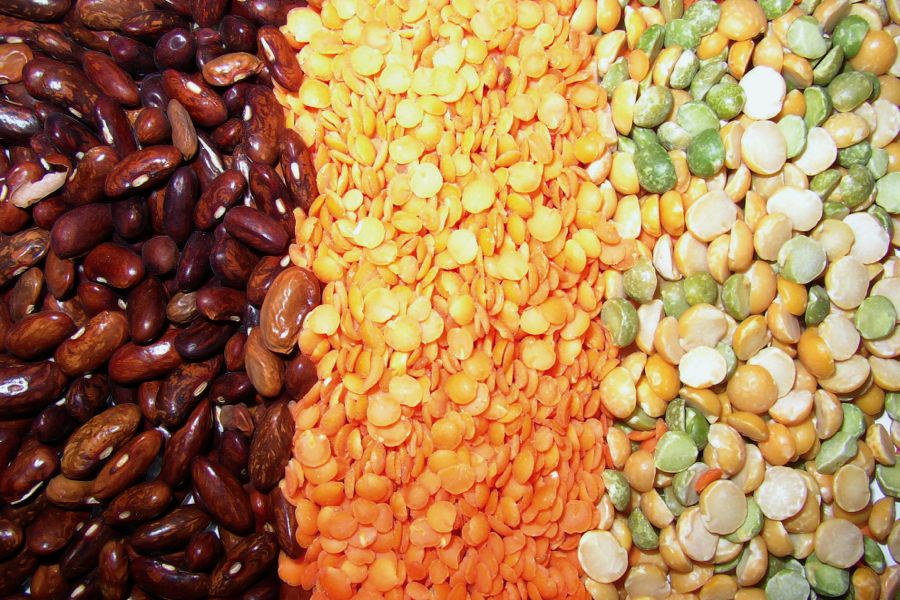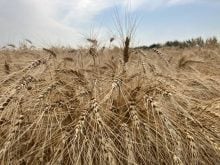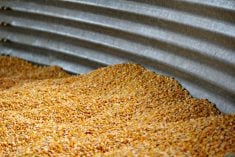Increased herbicide tolerance, sclerotinia tolerance and improved systems for hybrids are among the many canola innovations this year, said Phil Thomas, a senior agri-coach with Agri-Trend, a Canadian consulting company which tracks trends and helps producers.
About $37 million were spent on the development of new canola varieties this year, said Thomas.
Forty field trials held last summer looked at different traits in canola. Twelve of those trials focused on increased herbicide tolerance. Other varieties tested had an increased tolerance to stresses such as drought or heat stress — or any other factor that could create stress on the plant.
Read Also

Pulse Weekly: AAFC forecast stands pat
There were no changes to the pulse numbers for 2025/26 in the October supply and demand report from Agriculture and Agri-Food Canada on Oct. 17. So far it has translated into Western Canadian pulse prices holding steady.
Genetic modifications were among other developments. Among those are a modification to canola oil to make it healthier for human consumption. Some developments focused on creating better hybrids, while others concentrated on insect resistance.
It will take several years of field trials before these varieties will be assessed and registered, and most of the new varieties will not be available for four to six years.
Pioneer Hi-Bred recently registered a new variety that has a tolerance to sclerotinia and is developing a Roundup Ready hybrid that is clubroot-resistant.
Viterra just released a canola-quality mustard that has the same properties as regular canola. The plant is herbicide-tolerant, heat- and drought-tolerant and has medium maturity and increased pod shatter resistance. This crop will have some limited availability for the 2009 growing season.
Arcadio Biosciences has licensed its technology to Monsanto for a new variety that’s nitrogen-efficient.
“They claim the canola can maintain normal yields using 50 per cent less nitrogen,” said Thomas.
Another innovation from BASF focuses on the fatty acid modification of canola oil. These genetically modified plants will produce a long chain of omega 3 fatty acids, a nutritional component known to reduce risk of cardiovascular disease in humans. The gene used to create the additional oil comes from a blue-green algae gene added to the canola plant.
Alexis Kienlen is a field editor with Alberta Farmer Express attending the 25th annual Agri-Trade Exposition in Red Deer, Alta. For more Agri-Trade coverage from Alexis and Grainews field editor Lee Hart, click back to your home page and sign up now for daily updates from the show.
















